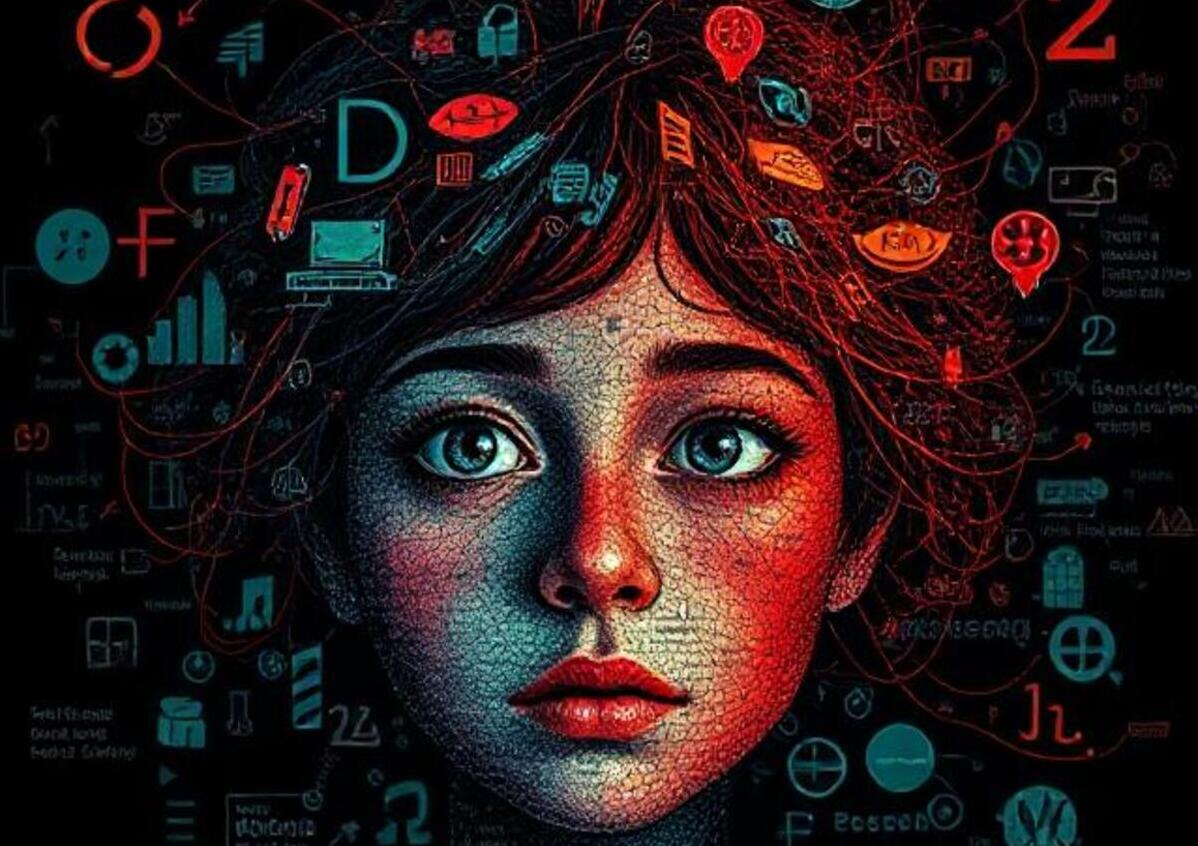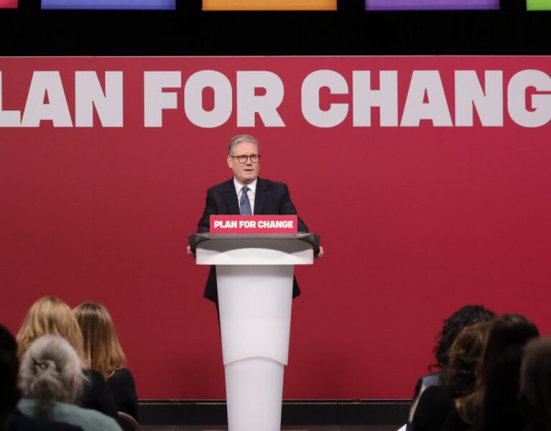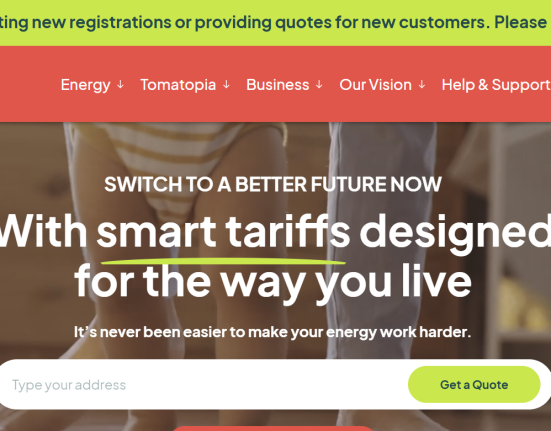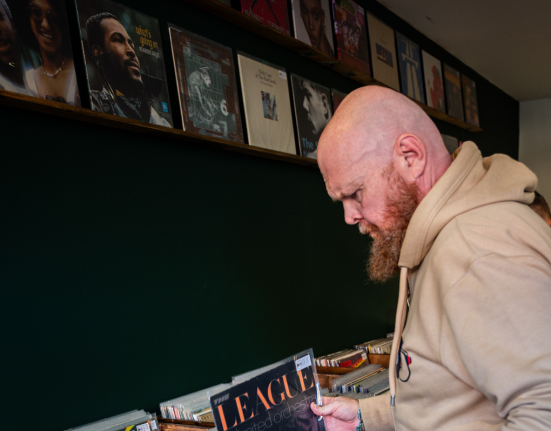The misunderstood advantage
Dyslexia is still too often caricatured as a handicap: a deficiency to be fixed, a hurdle to be overcome, a problem in need of constant correction.
That’s the lazy narrative. I’ve lived with it my whole life, and let me tell you – dyslexia is no ball and chain. It’s rocket fuel. It’s the raw, messy advantage that has shaped every deal I’ve struck, every idea I’ve sold, and every leap I’ve taken in my career.
We need to stop treating dyslexia as if it’s a shameful secret, whispered about in classrooms and HR meetings. The truth? It’s a way of seeing the world differently. And difference is where the magic lives.
Early rejection, lifelong resilience
School was no Eden for someone like me. When you’re dyslexic, you’re taught early on that you’re “wrong.” Wrong spelling, wrong reading speed, wrong answers. The system was never designed for minds like mine. But rejection can be a crucible. It toughens you, chisels out resilience, and burns in a refusal to conform.
That’s been the spine of my career. While others were happily walking the straight road laid out for them, I was hacking through the thickets. And here’s the paradox: those early struggles became my greatest strength. You can’t lead, you can’t innovate, if you’re addicted to comfort. Dyslexia gave me no choice but to thrive outside it.
Pattern over perfection
What dyslexia steals in precision, it gifts in perspective. I don’t get lost in the commas and colons. I see the broader sweep. I see the story. That’s why I’ve built a career in communications and strategy. The details matter, yes, but only in service of the bigger picture.
The world is drowning in data but starved of narrative. My dyslexia trained me to cut through clutter and spot the pattern. That’s a competitive edge no textbook ever offered. In a world addicted to metrics and process, the dyslexic brain is wired for disruption.

Creativity through constraint
Dyslexia isn’t a roadblock to creativity – it’s the architect of it. When the conventional route is blocked, you start tunnelling. You improvise. You build new structures. That’s how you turn constraint into invention.
Think about it. Most of history’s great innovators – Branson, Spielberg, Agatha Christie – weren’t obeying the rulebook. They couldn’t. They had to scribble their own. That’s exactly what dyslexia trains you to do: break out of rigid systems and find your own rhythm.
For me, it meant learning to tell stories through pictures, conversations, metaphors – anything but the dry black text on white paper. In business, it means I see solutions in places others don’t even bother to look.
Failure as fuel
If you’ve grown up with dyslexia, failure doesn’t frighten you. It’s been your unwelcome companion since childhood. You’ve heard the red pen scratching across your work. You’ve endured the smirk when you misspelled something basic.
You’ve failed repeatedly – and survived.
That hardens you. It makes you bolder. While others fear looking foolish, I’ve learned to embrace it. You can’t innovate without failing. You can’t lead without risking embarrassment. Dyslexia taught me early that the sting of failure is temporary, but the lessons last forever.

Leadership through difference
Dyslexia isn’t just about how you think; it shapes how you treat others. Because I know what it feels like to be underestimated, I gravitate towards giving outsiders a voice. I look for the mavericks, the rebels, the ones who don’t fit the neat corporate mould. They’re usually the ones carrying dynamite ideas.
Leadership today isn’t about perfection. It’s about fostering differences. Businesses that only hire mirror images of their leadership teams are building echo chambers, not enterprises. My dyslexic mind has trained me to embrace diversity of thought, because I know firsthand that difference doesn’t just enrich – it transforms.
Flipping the cultural script
Here’s what infuriates me: we’ve built a culture obsessed with conformity. Education drills children to colour inside the lines. Workplaces punish risk. Yet the future belongs to those who can see beyond the lines and rewrite the rules.
Dyslexia is not a weakness to be tolerated. It’s a superpower to be unleashed. Look at the rollcall of entrepreneurs and cultural disruptors – Branson, Jobs, Keira Knightley, Whoopi Goldberg. Do you think it’s coincidence that so many are dyslexic? Or is it proof that the so-called “deficit” is, in fact, a blueprint for original thinking?
Difference wins
I wouldn’t erase my dyslexia if I could. It’s not baggage – it’s ballast. It’s what steadied me when the seas got rough, what forced me to think differently when the rules didn’t fit, and what taught me to risk more, fail more, and ultimately achieve more.
We need to reframe the story. Dyslexia isn’t the obstacle – it’s the edge. It’s the difference that makes the difference. My career hasn’t succeeded in spite of dyslexia. It has succeeded because of it.







